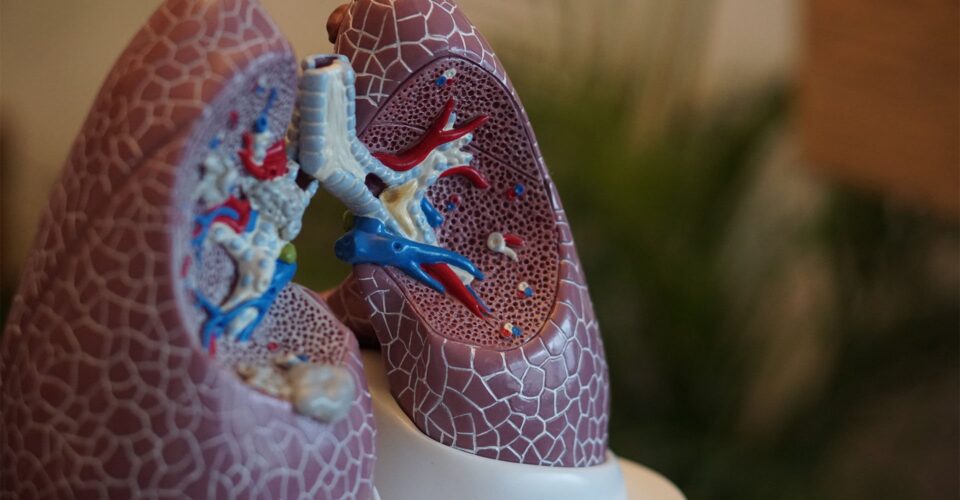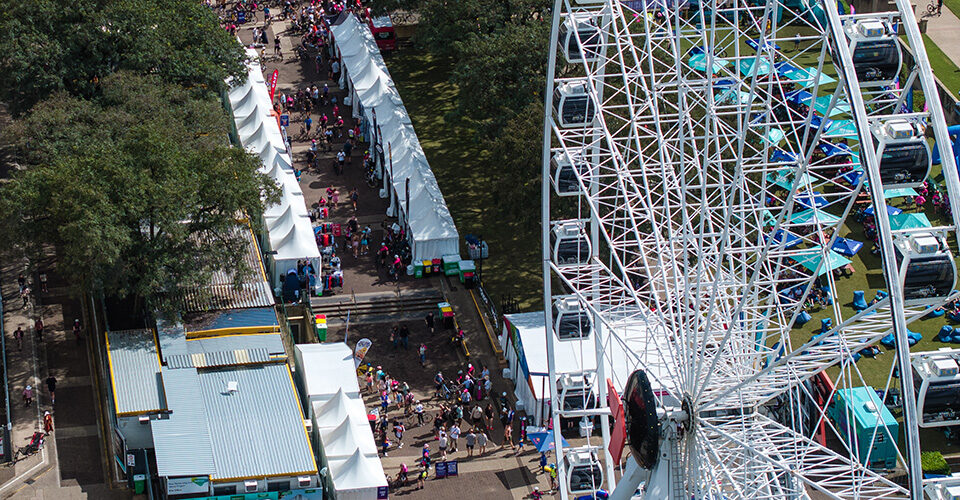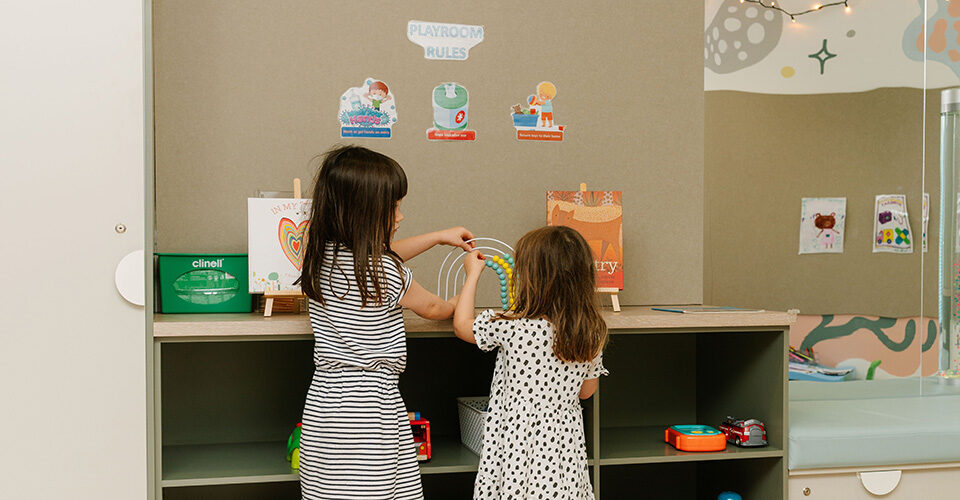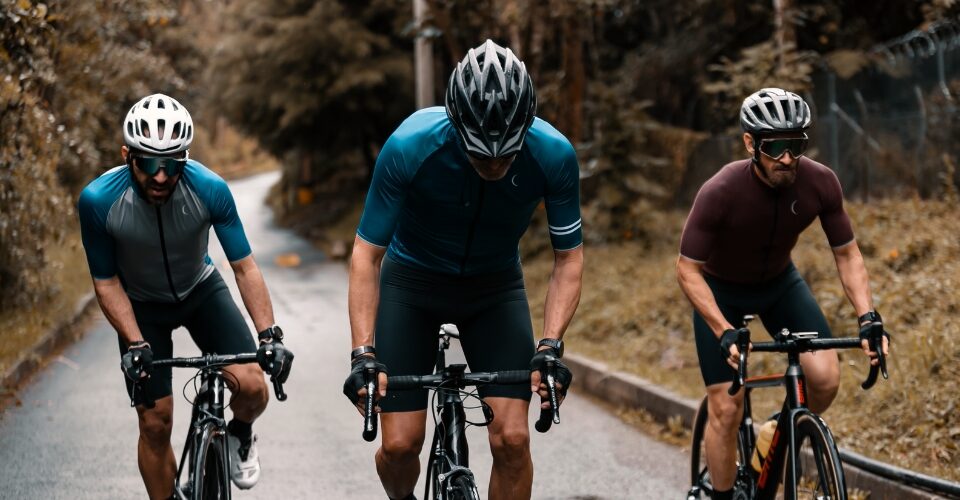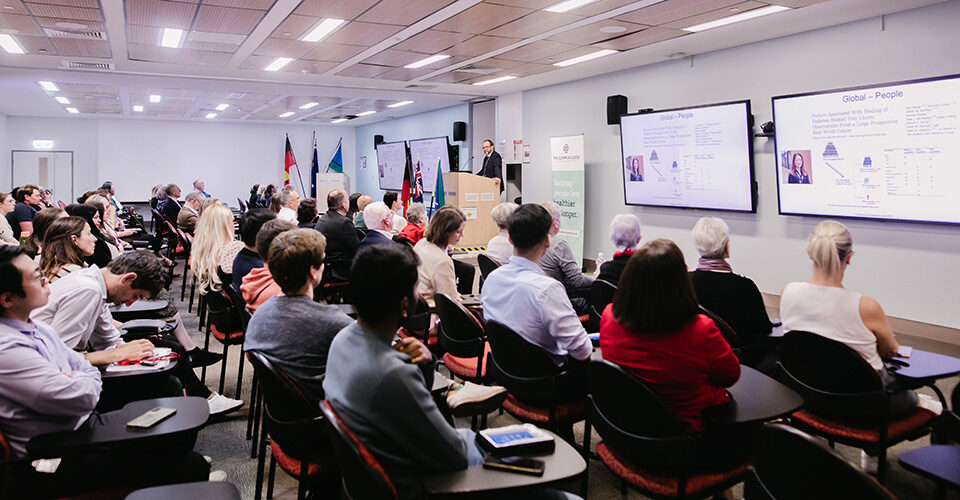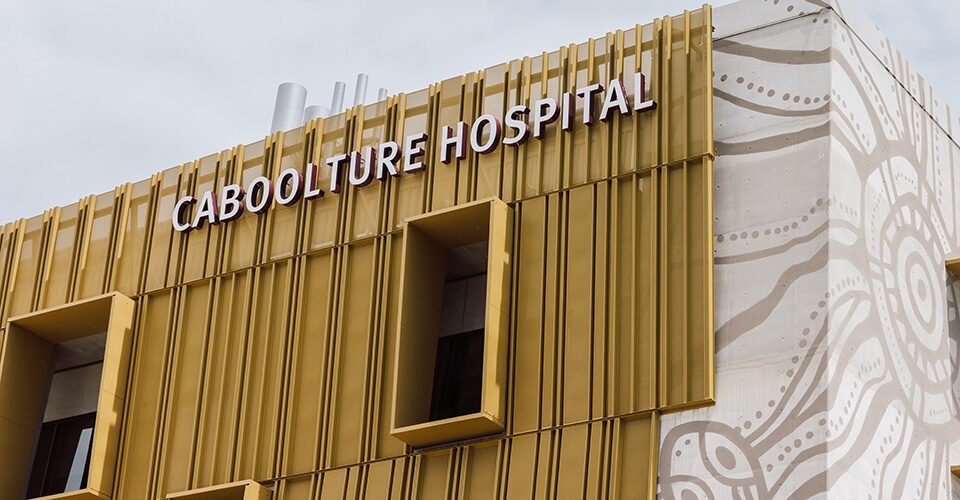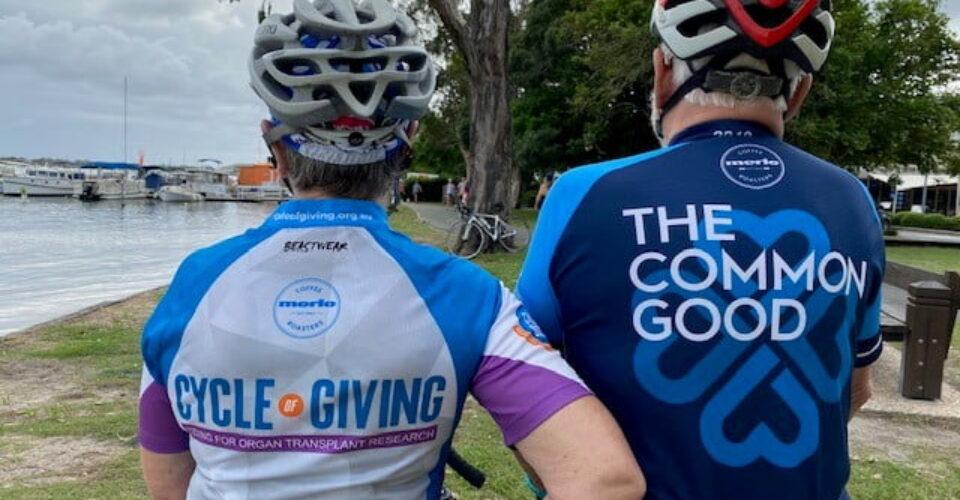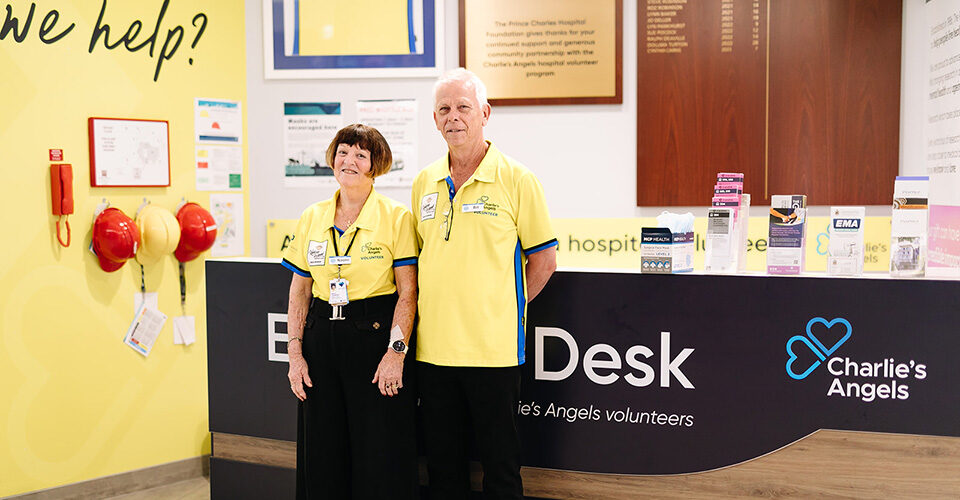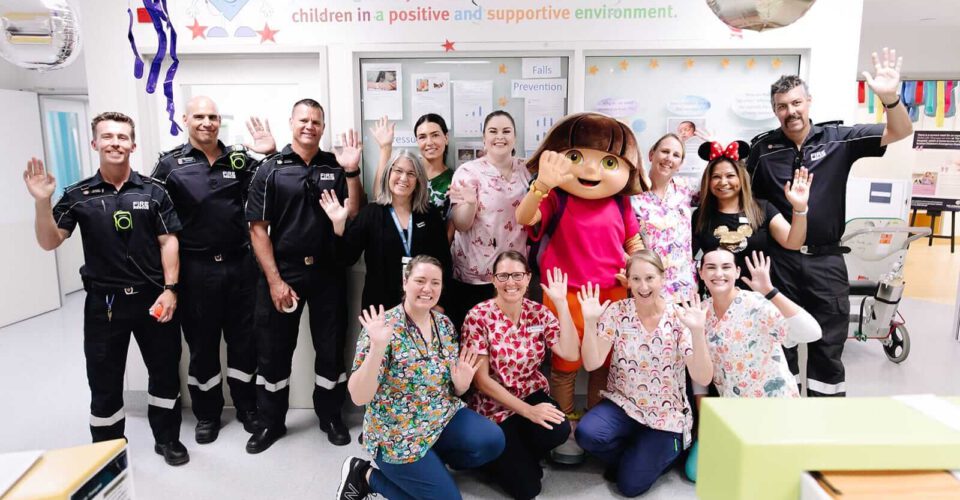Lung disease is experienced by hundreds of thousands of Australians every year, making it difficult to breathe and increasingly harder to perform everyday activities. The worst of these patients will need a lung transplant simply to keep them alive. However, the waiting list times are incredibly long for patients living with a critical illness; with many people having to wait months or even years for a suitable donor. This is only made worse by the fact that doctors have a four hour window to transplant suitable organs to a patient. Imagine what we could do and who we could save if we had more time?
 Our team at The Prince Charles Hospital heard about technology that was being trialled in Europe, and decided to develop and test it in Australia. Put very simply, the idea is that the donated lungs are put on a ‘rig’, which helps to clean them, remove any disease and keep them alive until transplant. This means that we could have more time to transplant these organs, and, in some cases, it could make previously unsuitable organs healthy so they can be transplanted.
Our team at The Prince Charles Hospital heard about technology that was being trialled in Europe, and decided to develop and test it in Australia. Put very simply, the idea is that the donated lungs are put on a ‘rig’, which helps to clean them, remove any disease and keep them alive until transplant. This means that we could have more time to transplant these organs, and, in some cases, it could make previously unsuitable organs healthy so they can be transplanted.
Led by Associate Professor Dan Chambers, the project so far has been successful and this technology is starting to be implemented across Australia. The team has continued this research to improve the technology further, so far resulting in successfully transplanting lungs that were kept ‘alive’ on the rig for 16 hours. They’ve also successfully reconditioned a pair of lungs donated by an asthmatic, and transplanted them to a patient who is alive and well today.
Patient Mul is a direct example of the life-saving capacity of this technology. Had this technology not been available he wouldn’t be here today. This research will continue to help thousands of Australians like Mul, and the team are continuing their work to improve and perfect the technology so it can be more widely used in future and save lives across the globe.
By Associate Professor Dan Chambers, the project so far has been successful and this technology is starting to be implemented across Australia. The team has continued this research to improve the technology further, so far resulting in successfully transplanting lungs that were kept ‘alive’ on the rig for 16 hours. They’ve also successfully reconditioned a pair of lungs donated by an asthmatic, and transplanted them to a patient who is alive and well today.
Support The Common Good here
